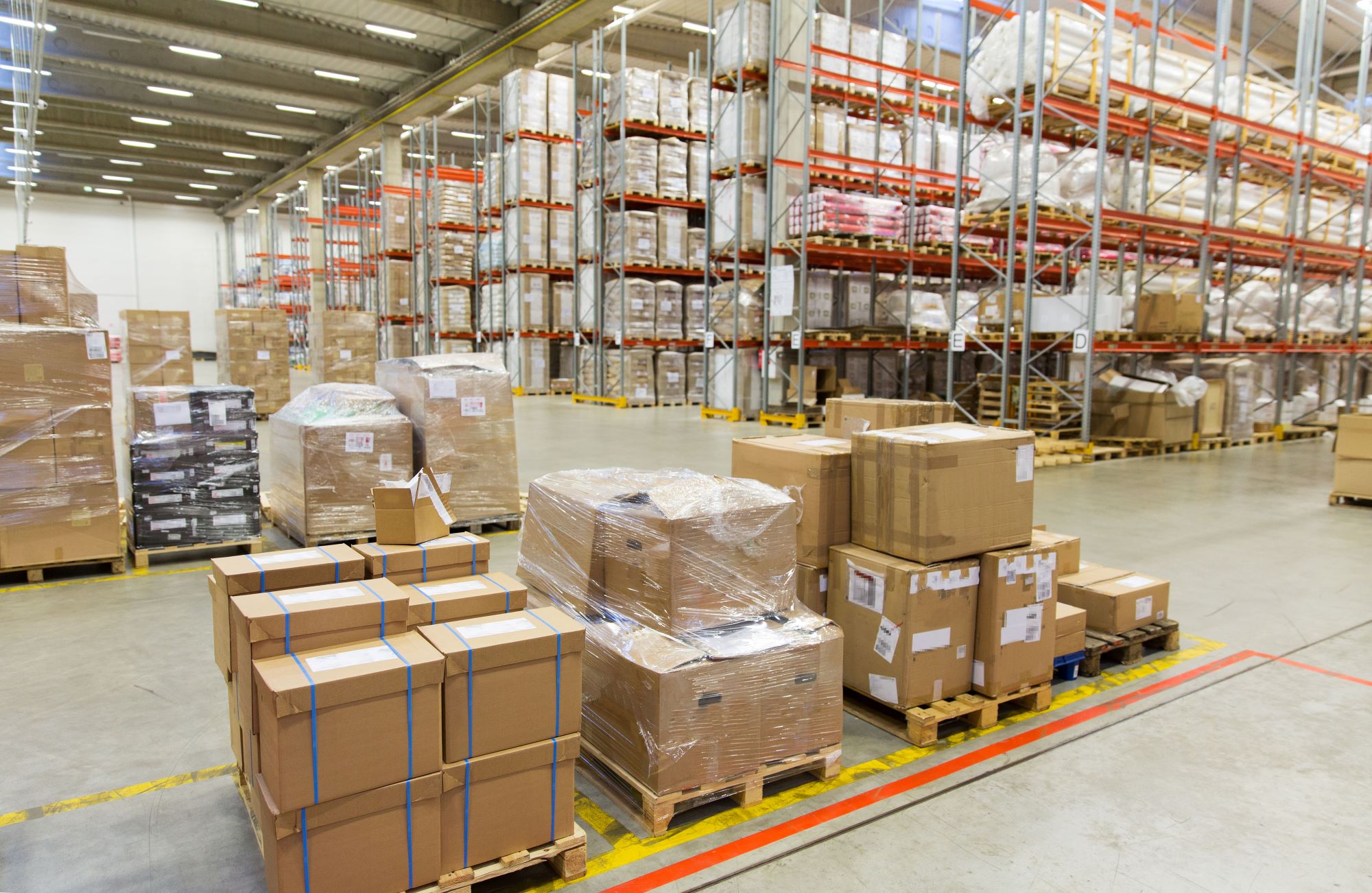The rules for pickup transactions will change as of 1 April 2024. From that date, new rules will apply to the collection statement for the intra-Community supply of goods in which the buyer organises transport and comes to collect the goods on location.
Updated decree
Decree no. 2023-22510 of 20 December 2023, ‘Toelichting Tabel II’ (the explanatory notes to Table II), was published on 22 December 2023. This decree replaces the current explanatory notes to Table II, ‘Voorschrift tabel II’. The new decree enters into force on 1 April 2024 and contains several additions and changes in to the area of VAT. Changes have been made to some details compared to the existing rules.
This article looks at one of these changes, the collection statement.
When is a collection statement required?
To apply the VAT zero rate to the intra-Community supply of goods, strict conditions must be met. For example, at the date of supply you must have a valid and verified VAT identification number for your customer in an EU country (not the Netherlands). In addition, you must be able to show that the goods have left the Netherlands and been transported to another EU country. You do this using documentation.
In the case of pickup transactions, you can only prove cross-border transport to a limited extent. After all, you do not possess the required administrative documents, such as consignment notes, because your buyer collects the goods from you and organises the transportation. To ease the administrative burden, in this situation the supplier only needs a completed collection statement signed by the buyer if the transaction involves a regular buyer. This statement, based on a prescribed template, can be used as part of the required proof of transport.
Stricter conditions for collection statement
Stricter conditions apply to the collection statement due to the entry into force of the Explanatory Notes to Table II decree as of 1 April 2024. The Toelichting Tabel II therefore contains an updated version of the collection statement template. The changes mostly relate to the ‘regular buyer’ requirement and the signing.
Regular buyer requirement
The updated collection statement places emphasis on the classification as a ‘regular buyer’ and this wording is explicitly used several times in the collection statement template. The requirement that the buyer is a regular buyer is not new and applies under the current rules too. However, the new decree does not define when a buyer qualifies as a regular buyer. It is unclear, for example, whether a buyer who buys goods once a year qualifies as a regular buyer. The statement’s new wording excludes occasional buyers more explicitly than before though.
Signing
The collection statement must be signed by the recurring buyer themselves or one of their employees no later than the date on which the goods are collected. Prior to 1 April 2024, signing by the person who received the goods (on behalf of the recurring buyer) would suffice, and the statement could also be used in cases where the goods were transported on behalf of the buyer. In the old situation, signature at a later date was also permitted in exceptional cases, but this is no longer possible from 1 April 2024. Furthermore, as of 1 April 2024 the statement can only be used in cases where the transport takes place by the buyer itself (so no longer in cases where that transport takes place by a third party on behalf of the buyer).
Stay alert and exercise due care: avoid rejection of the VAT zero rate
If you do not meet the requirements for transport documents, application of the VAT zero rate for the intra-Community supply of goods may be refused. This has implications for both you and your buyer. Please bear in mind the following tips:
Review your processes in light of the new rules;
If you make use of collection statements, make sure you use the updated version of the collection statement. If necessary, adjust the process to ensure the statement is issued in good time;
Notify your buyers of the changes too, in part with a view to the requirement for timely signature by your regular buyer or one of their employees;
Draw up specific arrangements with your buyers for those cases in which the required proof of transport is not issued, is not issued in good time or is incomplete, or if application of the VAT zero rate is challenged by tax authorities based on the proof of transport criterion.
Contact
If you have any questions on the new rules for pickup transactions, want to know more about the information you need to possess to apply the VAT zero rate for the intra-Community supply of goods or have any other questions about VAT, contact our experts Marisa Hut and Stevie Mols at VAT & Customs Advisory. They would be happy to help you.
The legislation and regulations in this area may be subject to change. We recommend that you discuss the potential impact of this with your Baker Tilly advisor.
Other insights
-
Customs Talks: How the new EU Deforestation Regulation (EUDR) will impact business with the UK
-
EU Deforestation Regulation (EUDR): stringent rules for importers, operators and traders
-
Budget Day 2024: overview of the new tax plans & proposed legislation





